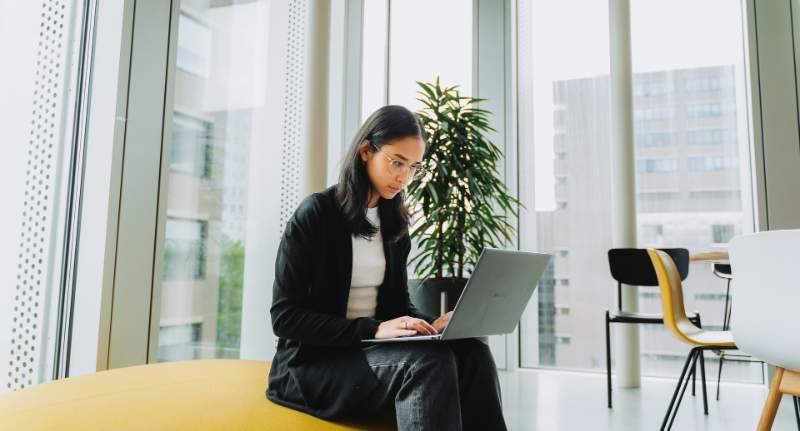What does this study entail?
This master’s programme offers a unique interdisciplinary perspective on global history and international relations, preparing you to navigate complex global power dynamics. By integrating political theories with economic, cultural, and social perspectives, this programme provides a nuanced analysis of international relations and societal developments. The curriculum balances global history with international relations, offering critical perspectives on global order, including gender, subaltern, racial, and environmental critiques.
You will explore the evolution of global order from 1500 to the present, challenging Eurocentric views and examining major shifts in global dominance, such as the transition from formal empires to sovereign states and the rise of US hegemony. Delve into how societies engage with their pasts for political purposes, studying the political nature of historical culture and the role of historical narratives in shaping ideologies and worldviews.
Additionally, the program equips you with analytical tools to understand contemporary international politics, covering both traditional and critical international relations theories. The economic integration of Europe and its impact on global relations is analyzed, along with the emergence and challenges of global governance in the 19th and 20th centuries. This program prepares you for critical engagement with historical and contemporary global issues, fostering a deep understanding of the forces shaping our world.
Is this the right programme for you?
When you choose to study Global History and International Relations at Erasmus University Rotterdam, you embark on a journey to deeply understand the complexities of global power dynamics and societal developments. This program is designed for those who seek to explore how and why people, regions, nations, and empires behave as they do. By studying the development of different global histories, you will learn to see history not just as a sequence of events but as cultural, religious, social, or political narratives crafted to legitimize nation-states, conflicts, cultural identities, or world domination.
By the end of your master, you'll confidently tackle questions such as:
- How do revolutions such as the 2011 Arab Spring or the Haitian Revolution of 1791 shape global order, both directly and indirectly?
- How and why did the global South challenge Western military, political and economic domination?
- How do contemporary societies remember their global pasts?
- How, where and when did imperial relations and post-colonial legacies shape global order?
- When did economic globalization start, how did it develop over time?
A word from our students
Five reasons to study Global History and International Relations at the EUR
- Learn while being in the field, go to archives and museums to find journals or protest pamphlets that will help you to build your cases;
- Study in an international environment! According to the Times Higher Education, the Erasmus University is one of the 125 most international universities worldwide;
- You will benefit from the engaging tutorials and a dedicated team of lecturers;
- A master in Global History and International Relations allows you to work in many types of working environments. Whether you want to become a journalist, pursue a career in politics, or as a scientist, this master will prepare you thoroughly;
- Studying in Rotterdam offers the unique opportunity to experience a city rich in historical significance, yet vibrant and dynamic in its present-day context.


